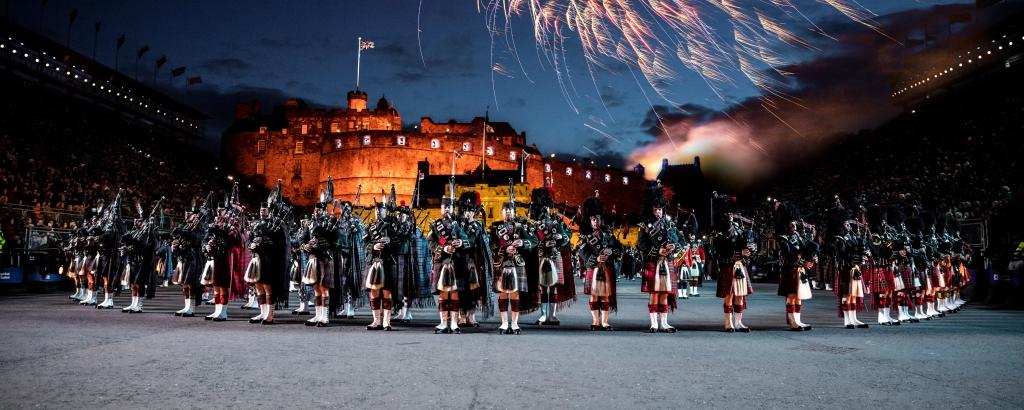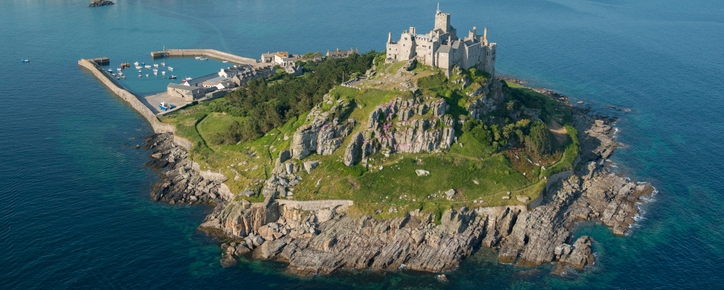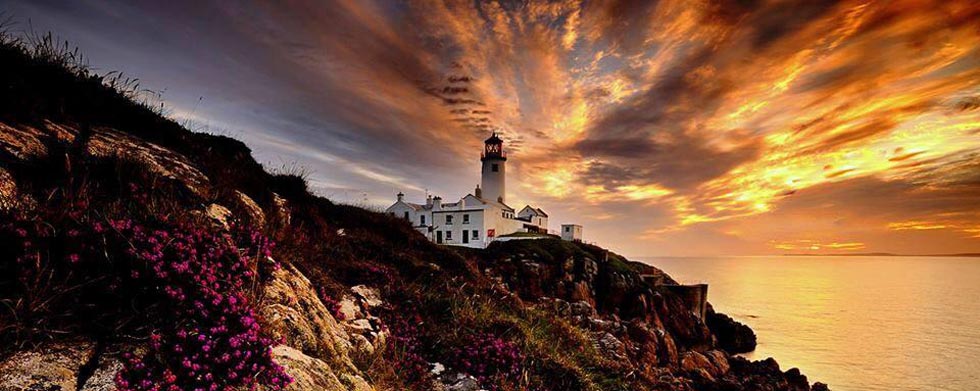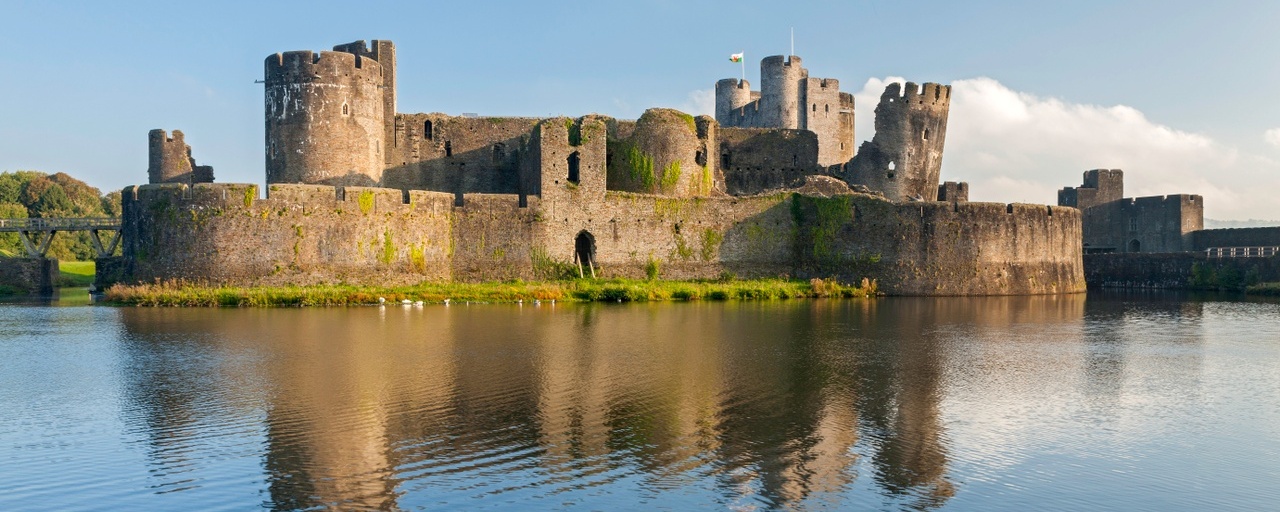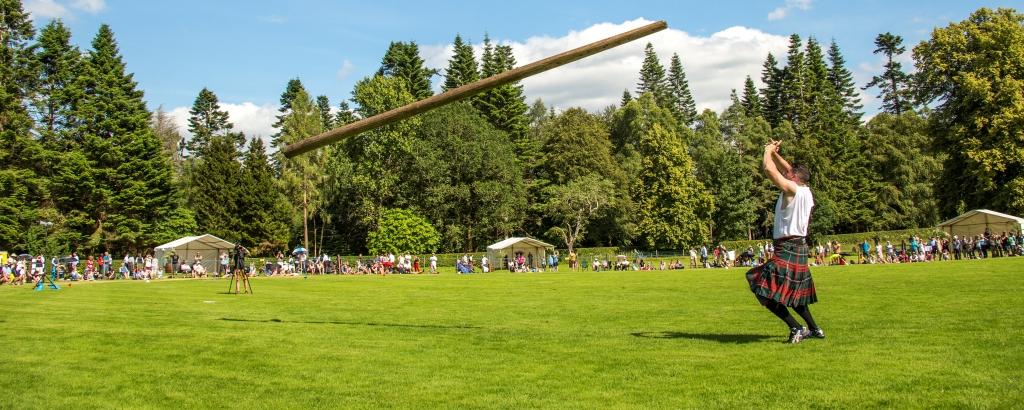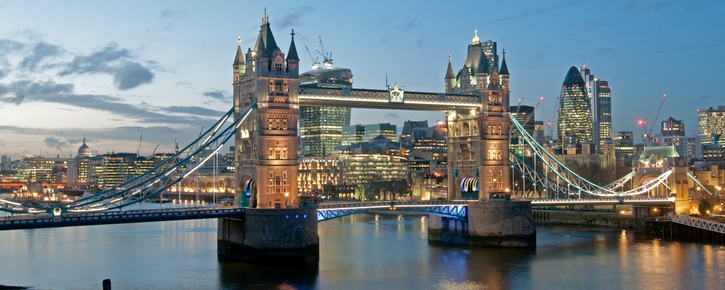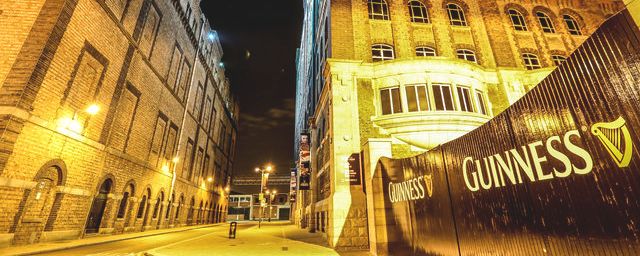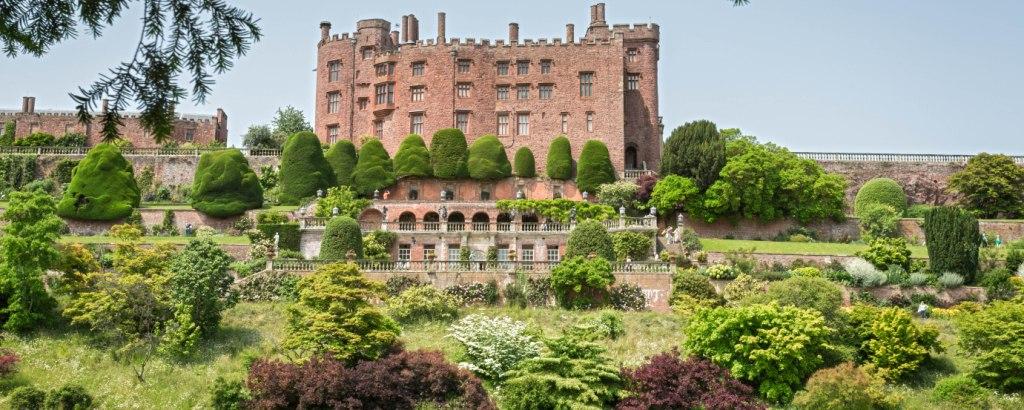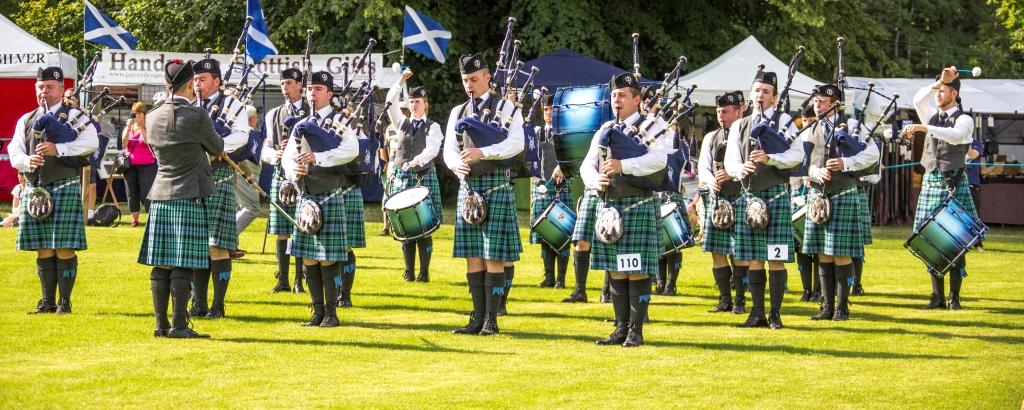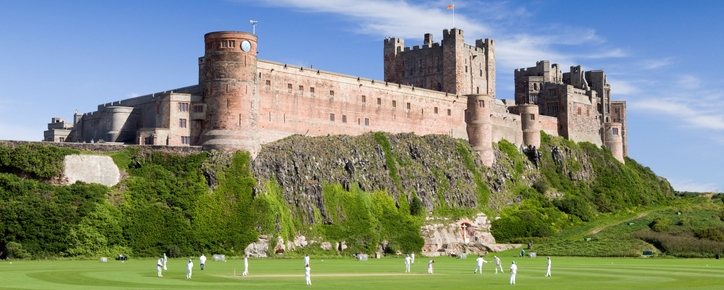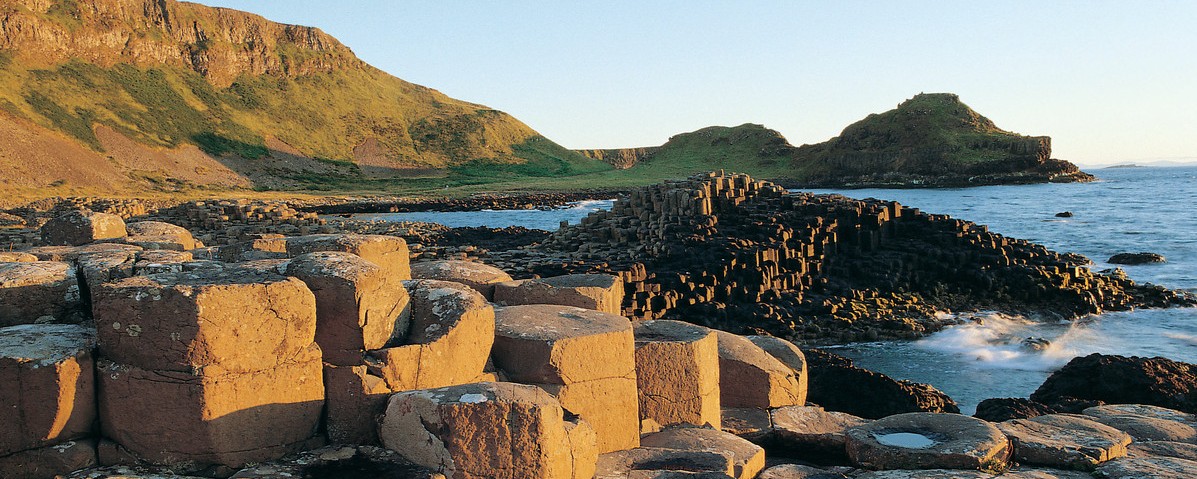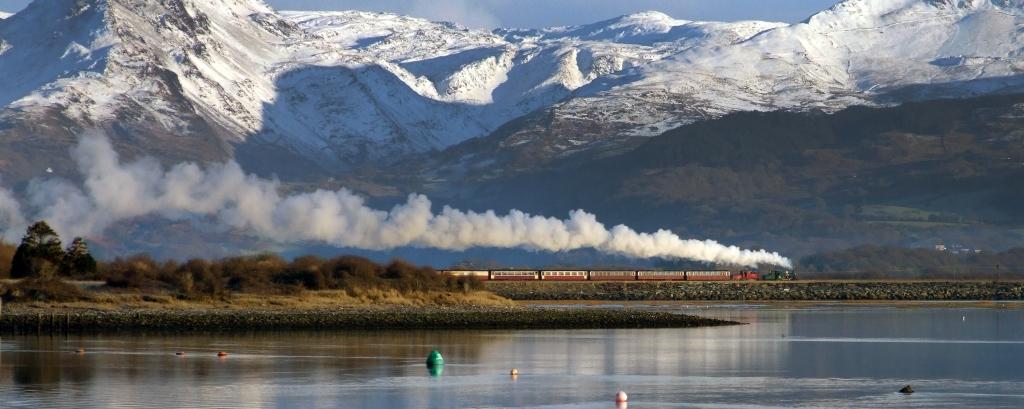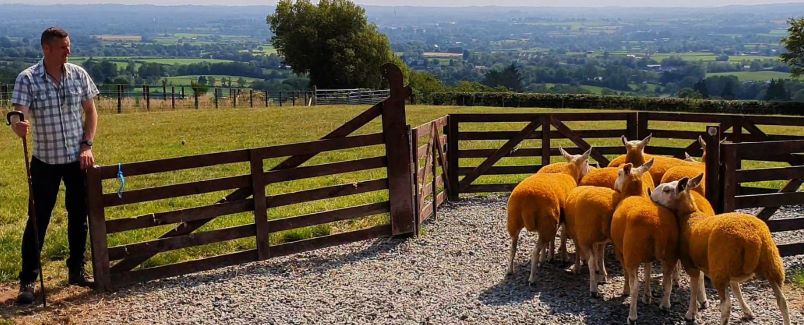Birthplace of Mary, Queen of Scots reopens to visitors
Linlithgow Palace, the awe-inspiring palace of the Stewarts, has reopened after vital restoration work, with visitors once again being able to explore the site’s 2,000-year history.
 Linlithgow Palace and Linlithgow Loch © VisitScotland / Kenny Lam
Linlithgow Palace and Linlithgow Loch © VisitScotland / Kenny Lam
Initially a Roman settlement, there has been a royal residence where Linlithgow Palace now stands since the mid-1100s. The earliest residence was severely damaged by fire, and no visible features remain. However, in 1424, after returning from captivity in England, King James I of Scotland began work on a new ‘pleasure palace’ to replace the previous residence. The elegant ruins seen today are the results of James I and his heirs’ work.
Access restrictions were put in place in summer 2021 as a safety precaution while Historic Environment Scotland (HES), which manages the site, carried out inspections. As well as identifying much-needed repair work, these inspections identified a number of factors that contribute to the condition of high-level masonry at specific historic sites. Along with the construction techniques used and the geological vulnerability of specific stone type, climate change was recognised as one of the challenges faced.
 The ornate entrance to the palace © VisitScotland / Kenny Lam
The ornate entrance to the palace © VisitScotland / Kenny Lam
Whilst climate change is not an issue unique to Scotland, HES is believed to be amongst the first heritage managers to proactively address this new challenge, with the results already being shared with peer organisations.
At Linlithgow Palace, a number of areas have been the subject of conservation repair, however access restrictions remain to some parts of the castle, including the King’s Bed Chamber and the Court Kitchen.
 View across the loch to Linlithgow Palace © VisitScotland / Paul Tomkins
View across the loch to Linlithgow Palace © VisitScotland / Paul Tomkins
Craig Mearns, Director for Operations at HES, the lead public body charged with caring for, protecting, and promoting Scotland’s historic environment, said: “We are very pleased to be able to reopen Linlithgow Palace to the public. We know that the local community and visitors alike have been eagerly awaiting the reopening and, as a result of our planned and completed conservation work, expect that this amazing site can be enjoyed by everyone for many years to come.”
While ruins are all that remain today of the once majestic royal residence of the Stewart royal dynasty, entering the palace gates still inspires awe in people. After work was completed on King James's palace, the elegant residence soon became a welcome rest stop for the Stewarts, positioned as it is midway between Edinburgh Castle and Stirling Castle.
 The palace at sunset © VisitScotland / Kenny Lam
The palace at sunset © VisitScotland / Kenny Lam
The Stewart queens especially liked the peace and fresh air, and Linlithgow Palace served as the royal nursery for both King James V, born in 1512, and his daughter Mary, Queen of Scots, born in 1542. But the palace fell quickly into decline when James VI moved the royal court to London in 1603, following his coronation as James I of England. In 1746, the palace was destroyed by fire.
While the palace stands in ruins, St Michael’s Church immediately south of the palace and prominent in many views of the area, is still in use. Consecrated in 1242, most of the present building dates from the 15th century, following a fire in 1424. A much-favoured place of worship by Scottish kings and queens, Mary, Queen of Scots was baptised there.
 Entrance to Linlithgow Palace and St Michael’s Parish Church © VisitScotland / Kenny Lam
Entrance to Linlithgow Palace and St Michael’s Parish Church © VisitScotland / Kenny Lam
If you or your group would like to enjoy a visit to the romantic ruins of Linlithgow Palace as part of a tailor-made tour of Scotland or the United Kingdom, following in the footsteps of Mary, Queen of Scots, please do contact our friendly team today. Or why not let us help you plan your own heritage tour of Britain, taking in the country's finest historic sites?
